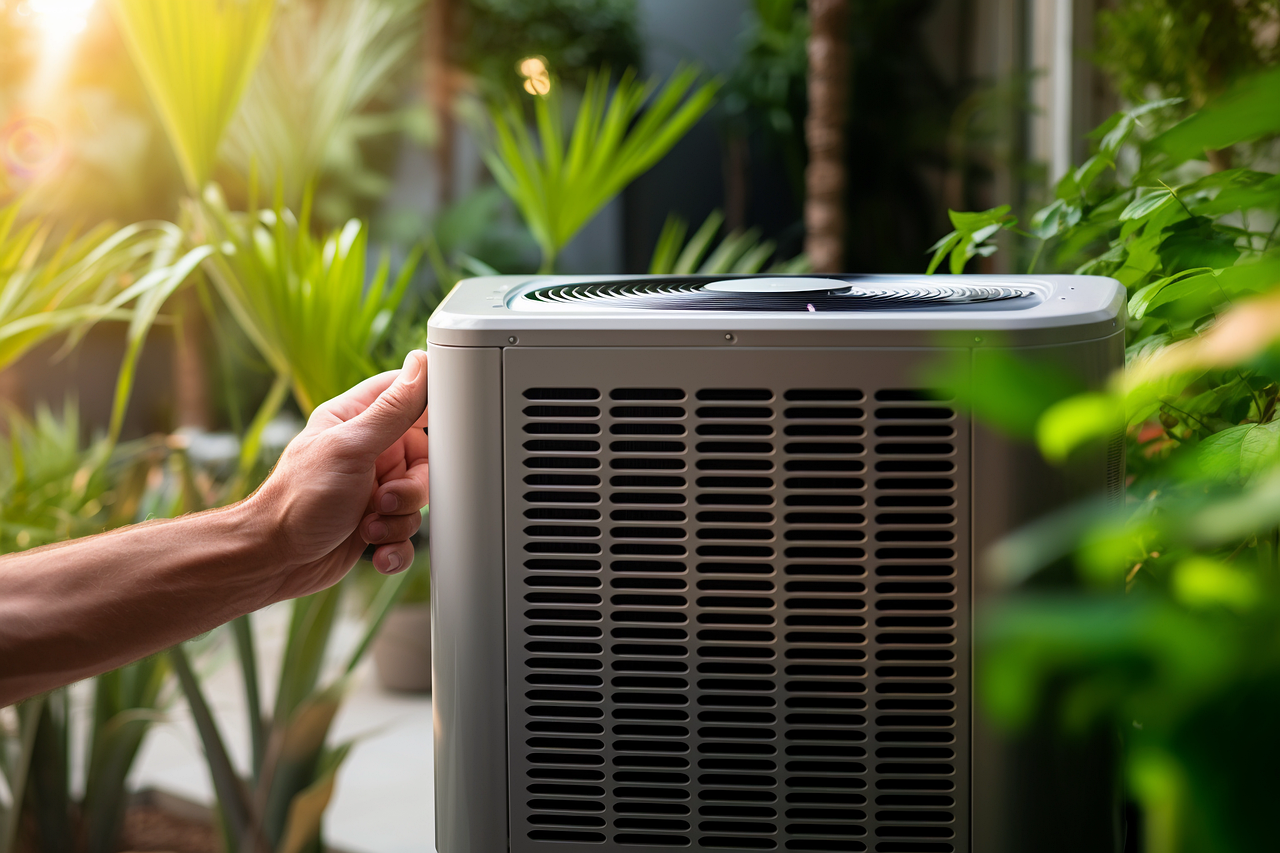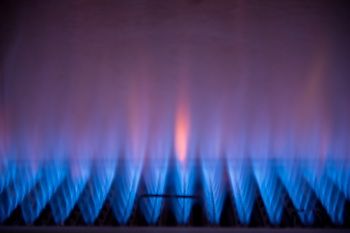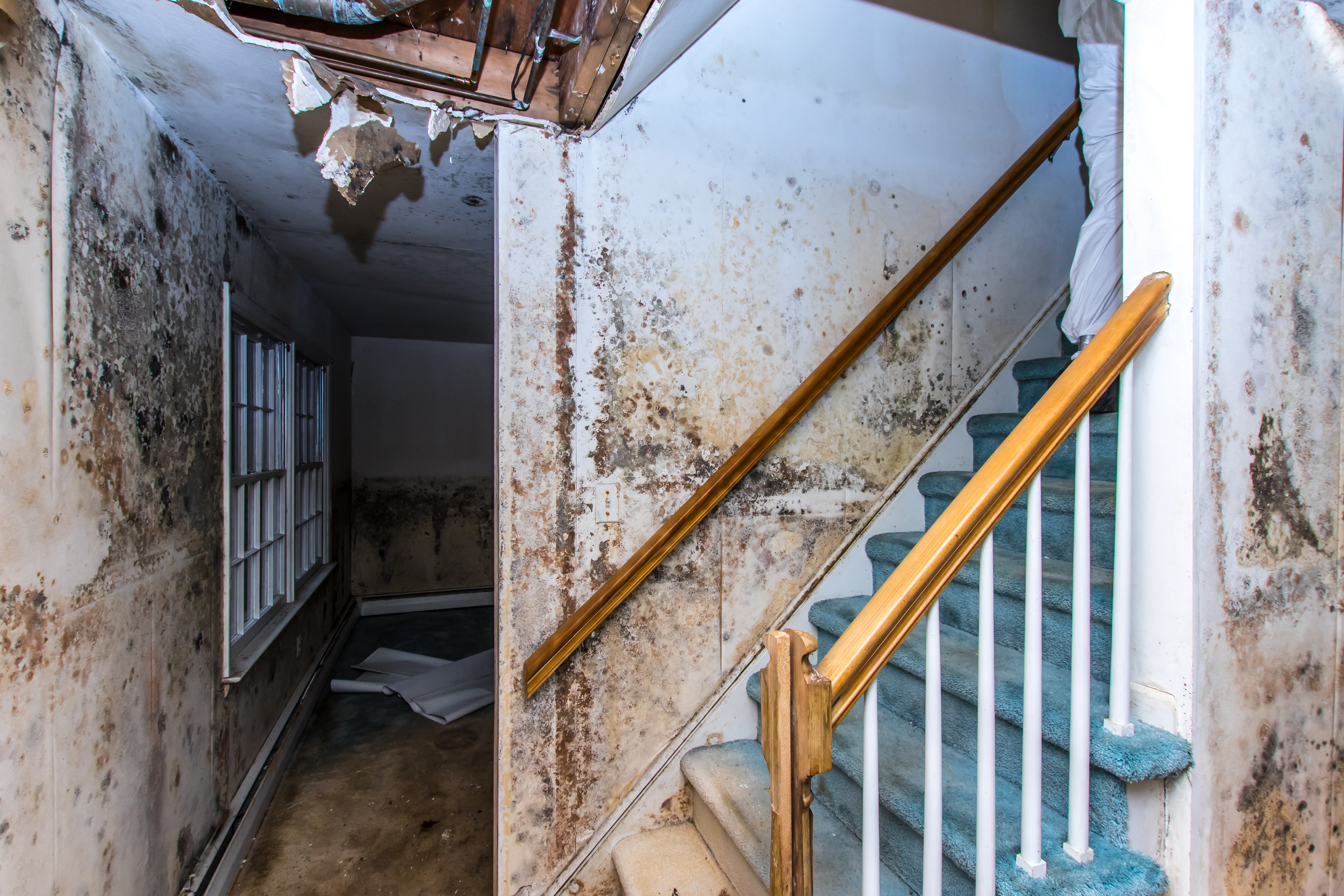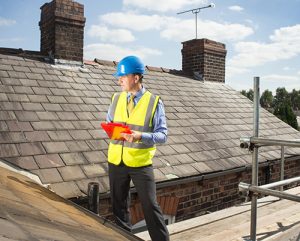HVAC systems are essential for maintaining a comfortable and healthy indoor environment. They help to regulate the temperature and humidity of an enclosed space. They also help to remove pollutants and allergens from the air. HVAC systems are designed to be energy-efficient and cost-effective. They are also designed to be easy to use and maintain.
During the winter months, HVAC systems play an important role in keeping indoor spaces warm and cozy. During the colder months, the heating system utilizes electricity or a combustion process to provide warmth throughout the enclosed spaces. It is important to ensure that the heating system is functioning optimally during the winter months. A system that is not performing correctly can result in the system not being able to sufficiently heat the structure which may lead to plumbing damage resulting from frozen pipes. One way to ensure adequate maintenance is to schedule an appointment with a local HVAC technician. During the maintenance appointment, the technician will check the heating system for any issues and make necessary repairs.
CED’s engineers are experts in explaining the science behind HVAC systems. They can help identify the root cause of issues such as property damage due to a leak in the system or poor indoor air quality caused by inadequate design and/or sizing of the system. Operation and maintenance are also important factors that can contribute to HVAC failures, which can lead to claims and litigation. A forensic engineer investigates these types of claims and evaluates contributing factors to the loss and ultimately determines liability for its cause.
Claims can arise from a variety of issues, such as faulty design of the HVAC system, component part failure, or improper maintenance. Forensic engineers use a variety of tools to analyze contributing factors and must consider all allegations to confirm how they could possibly contribute to the loss. In the event of failures, engineers will inspect the failed equipment to determine the cause and origin point. Should further investigation be necessary, CED has the capabilities to oversee component disassembly and potentially destructive testing that can demonstrate whether there were other contributing factors to the incident. CED engineers are experienced with evaluating the design and function of HVAC systems. Contact us at 203-929-1339 for more information.






